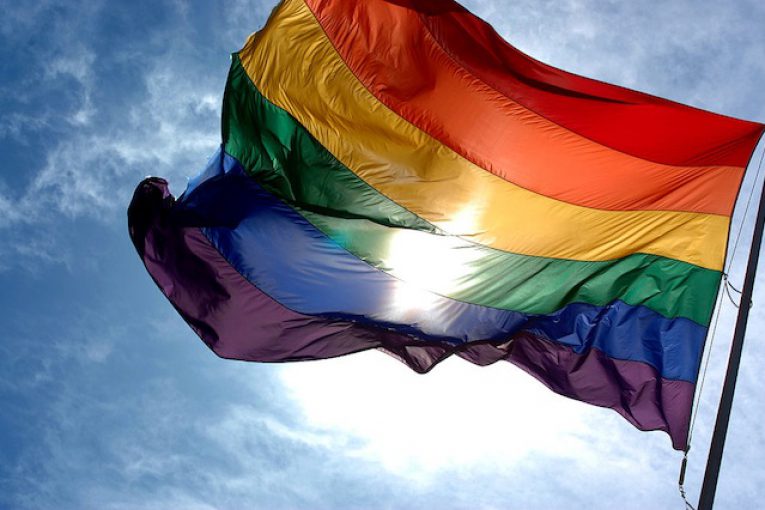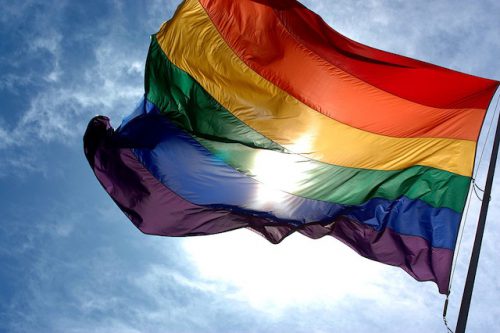

By Cindy Chen
HOUSTON, TX – U.S. District Judge David Hittner this week issued a temporary restraining order against Senate Bill 12, often referred to as the Texas drag law.
The ruling is being hailed as a major victory for LGBTQ organizations, which have vehemently criticized the bill for targeting drag performers. Originally scheduled to go into effect this Friday, SB12 was designed to regulate sexually oriented performances and prohibit minors from attending drag shows.
The lawsuit, filed jointly by the American Civil Liberties Union of Texas and Baker Botts LLP, effectively postponed the law’s original enforcement date of Sept. 1 . Allegations of the bill’s unconstitutionality, its potential infringement on free expression, and its overly broad language, were among many of the plaintiff’s arguments.
The ACLU pleading noted the law’s definition of “sexual conduct” as the “representation, actual or simulated, of sexual acts,” raising worries among critics about its potential impact on a wide range of entertainment forms, including touring Broadway productions, cheerleading routines, and karaoke nights.
“This law was obviously unconstitutional from the day it was first proposed, and we are grateful that the court has temporarily blocked it,” said Brian Klosterboer, attorney at ACLU of Texas.
Klosterboer added, “Senate Bill 12 is vague, overbroad, and censors free expression. If allowed to take effect, S.B. 12 will make our state less free, less fair, and less welcoming for every artist and performer. This temporary order is a much-needed reprieve for all Texans, especially our LGBTQIA+ and transgender community, who have been relentlessly targeted by our state legislature.”
Brigitte Bandit, a drag performer, emphasized the long-standing tradition of drag as a form of free expression, claiming, “We use our performances to assert liberation, power and joy with our community. As a lifelong Texan, I’m sick of this state trying to censor art and stoke hatred and violence against drag artists and the LGBTQIA+ community.”
Bandit added, “No one should be punished for performing drag, and I wish lawmakers would take steps to protect kids from real dangers in our state instead of trying to divide and marginalize us.”
Another plaintiff, Jason Rocha, cited drag as offering varied forms of artistic expression. “It is inappropriate for the state to paint drag as ‘adult content’ when drag is as varied as theater and movies and can be for audiences of all ages. If people do not like drag, no one is forcing them to watch it.”
The ruling has generated a range of reactions.
“Our company had a performance last weekend that we imagined might be our final show, but the court’s ruling gives us hope that we may again have spaces where our LGBTQIA+ community and allies can both perform and enjoy drag,” said Richard Montez , co-owner of 360 Queen Entertainment.
“I never imagined that we would need to go to federal court to stand up for our performers, customers, and community, or that the Texas Attorney General’s Office would request I demonstrate twerking in the courtroom. LGBTQIA+ Texans, including queer and trans Texans of color, belong in this state. Drag performances allow us to celebrate and provide economic support to our community,” Montez added.
Gavyn Hardegree, Abilene Pride Alliance President, charged, “Gov. Abbott and his political allies want to use scare tactics and bigotry to erase LGBTQIA+ identities, especially Black and Brown nonbinary and trans Texans. Our organization works to create a safe space where every person has the freedom to express themselves free from government censorship, no matter our race and gender.”
“Drag events have increasingly been targeted and threatened here in Texas,” said Kerry Lynn, Founder and Creative Services Director of Extragrams.
Lynn added, “The restrictions that S.B. 12 threatens to impose on us will decimate small businesses like ours across the state and cost local economies millions of dollars by deterring artists who perform in music festivals, concerts, and touring plays to skip the state to avoid defying the law if their performance was arbitrarily deemed ‘sexual’. Nobody should face intimidation or violence for hosting, performing in or supporting an event that celebrates drag.”
“Texans have real problems that need real solutions,” said Ricardo Martinez, CEO at Equality Texas. “Lawmaker’s obsession with an art form they don’t understand, animus against a business owner they’ve never met, and fear of a community that just wants to be left alone isn’t solving any problems. If you don’t like drag, stay home.”
“The goal of this law is to chip away at our freedoms and eventually erase queer and trans existence from the public sphere,” said Andrea Segovia, senior field and policy advisor with Transgender Education Network of Texas (TENT).
Segovia added, “Our community and our art will not be silenced or erased. Our community has fought too long to exist to let a drag ban stop us from challenging gender norms, celebrating our identities, and preserving queer culture. We applaud the tenacity and grit of the suit’s plaintiffs. The plaintiffs of this case demonstrate true Texas values by standing strong for queer and trans rights. We’re supporting them every step along the way.”
“Drag can be a source of healing for those who observe and those who participate,” said Verniss McFarland III, founder and executive director of The Mahogany Project. “Drag provides economic opportunities and a creative outlet to those who have endured life’s adversities, systematic oppression, and denial of our nation’s inalienable rights.”
McFarland III added, “Drag is also about reducing harm, preventing suicide, and preserving art. Drag offers a sustainable source of income for many LGBTQIA+ Texans as performers and small business owners. The truth is that drag is so many different things to so many different people. To take something away that manifests itself in the lives of many Texans in various ways could cause us unanticipated economic and personal damage.”